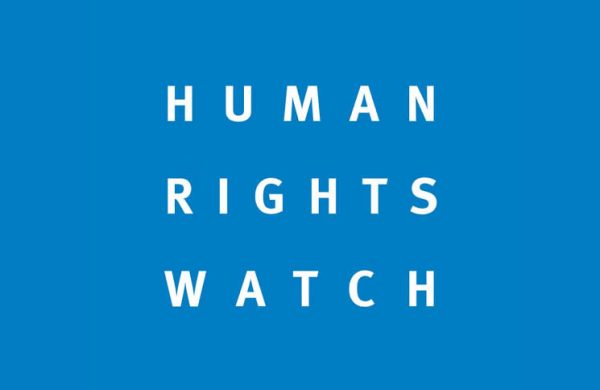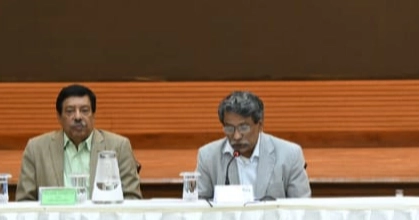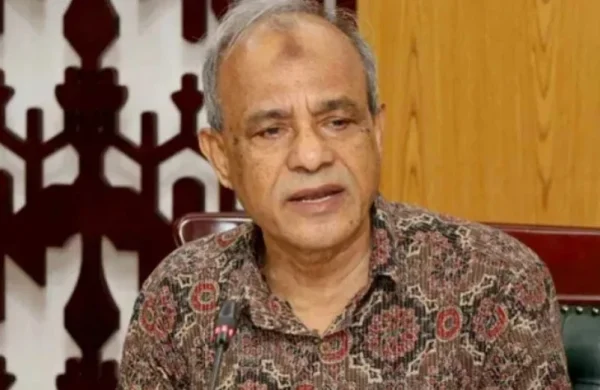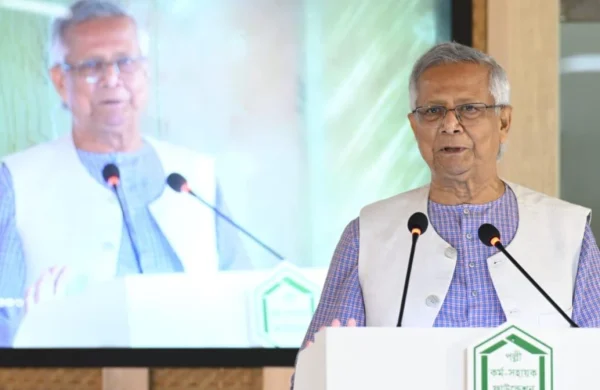HRW criticises crackdown on AL supporters, urges justice for abuses
- Update Time : Thursday, May 22, 2025

TDS Desk:
Recent legislative initiatives by Bangladesh’s interim government risk undermining fundamental freedoms, Human Rights Watch (HRW) said in a report published on Thursday.
Instead of pursuing its pledge to reform the criminal justice system and bring accountability for serious abuses, the government, led by Nobel laureate Muhammad Yunus, is allegedly attempting to suppress the rights of supporters of the deposed Awami League (AL) and its leader, Sheikh Hasina, the report said.
On May 12, the interim government imposed a “temporary” ban on the Awami League, invoking newly introduced powers under an amended Anti-Terrorism Act. The ban prohibits party-related meetings, publications, and online speech, and has sparked widespread criticism from rights groups and opposition figures.
HRW criticised the ban and related legal actions, saying they contradict the government’s stated commitment to human rights and democratic values. “Sheikh Hasina’s government abused legal powers to silence political opponents, but using similar methods against the supporters of her Awami League party would also violate those same fundamental freedoms,” said Meenakshi Ganguly, deputy Asia director at Human Rights Watch.
The HRW report noted that although the interim administration has taken some positive steps since coming to power on August 5, 2024 — following three weeks of deadly protests that left about 1,400 people dead — recent actions have cast doubt on its intentions. The Election Commission has already stripped the Awami League of its registration, citing the ban imposed by the interim government.
The ban is expected to remain in place until party leaders face trial for alleged abuses committed during their 15-year tenure, a process that could take years. The government has prohibited “all activities including any kind of publication, media, online and social media, any kind of campaign, procession, meeting, gathering, conference, etc. by Bangladesh Awami League,” effectively curbing freedom of speech and association for a wide base of the party’s supporters.
These actions followed an ordinance amending the International Crimes (Tribunals) Act, 1973, which expanded the Tribunal’s authority to prosecute and dismantle political organisations. The amendment defines “organisation” broadly, including any political party, affiliated group, or individuals who are deemed to support such entities. HRW warned that the vaguely drafted powers could violate international standards of due process and freedom of association.
















